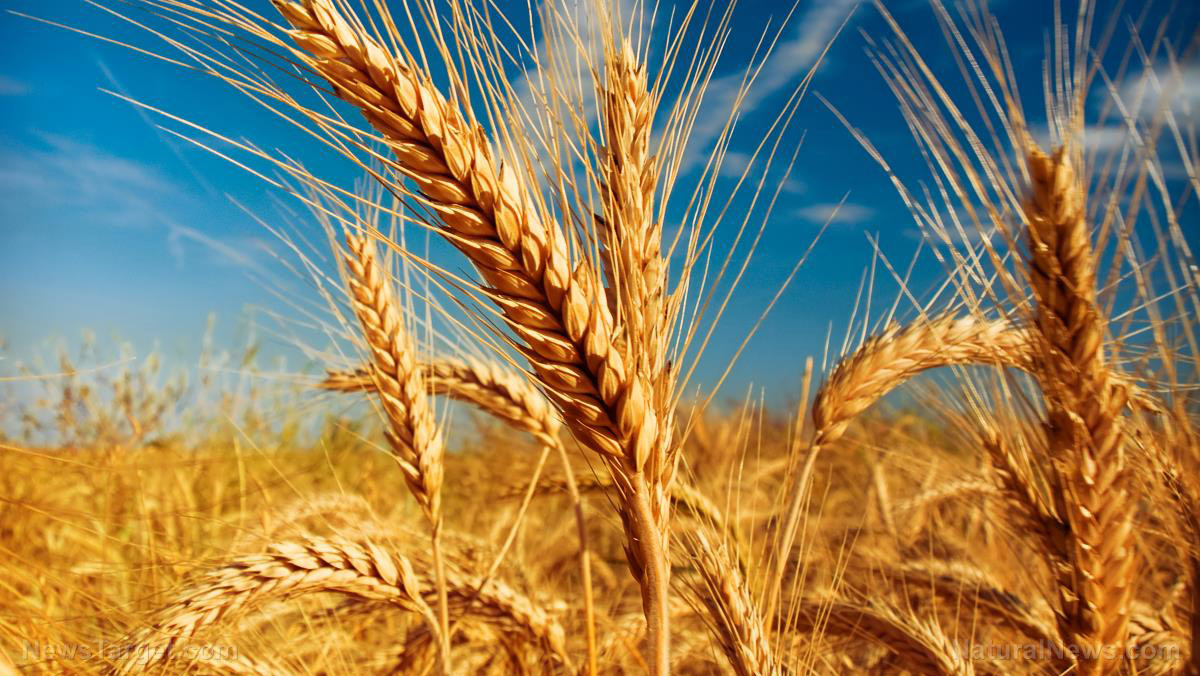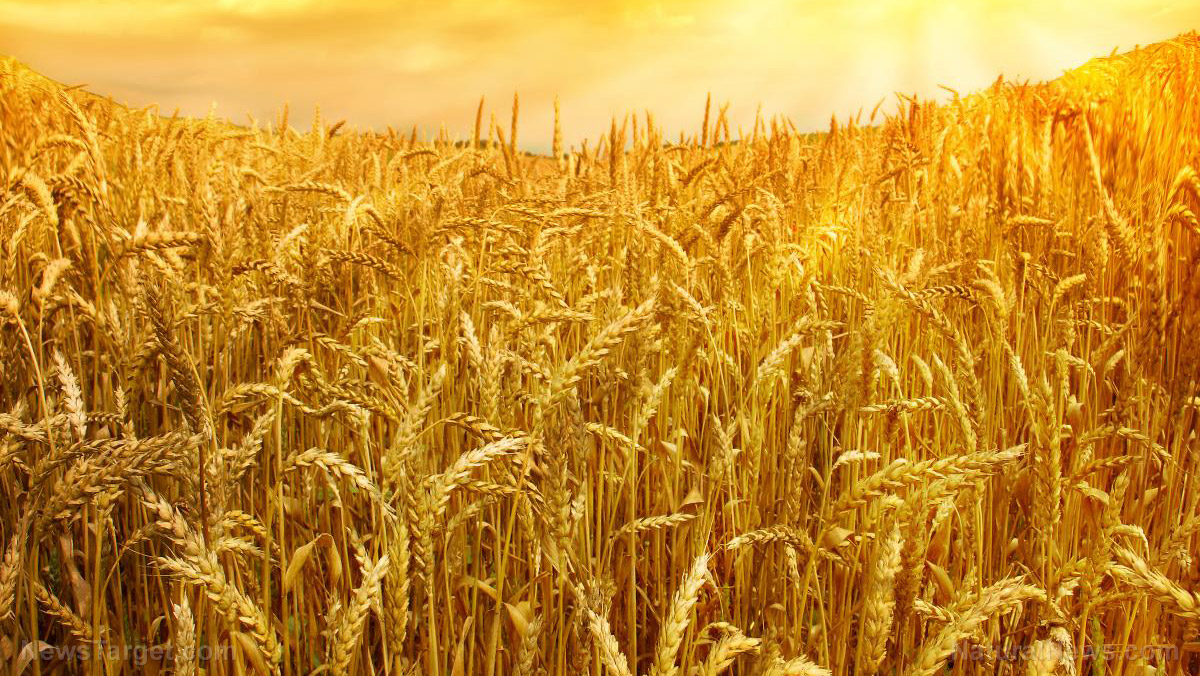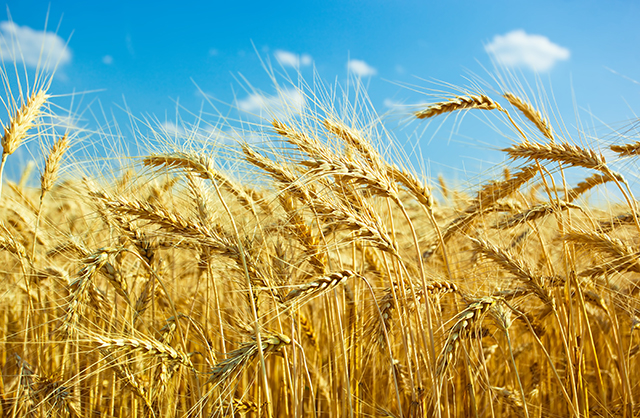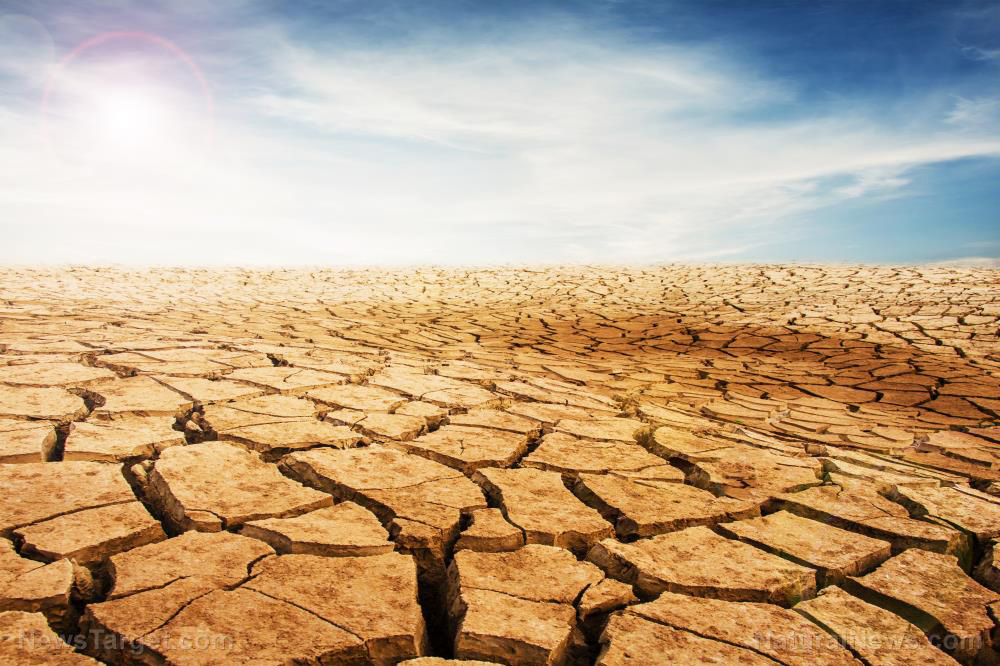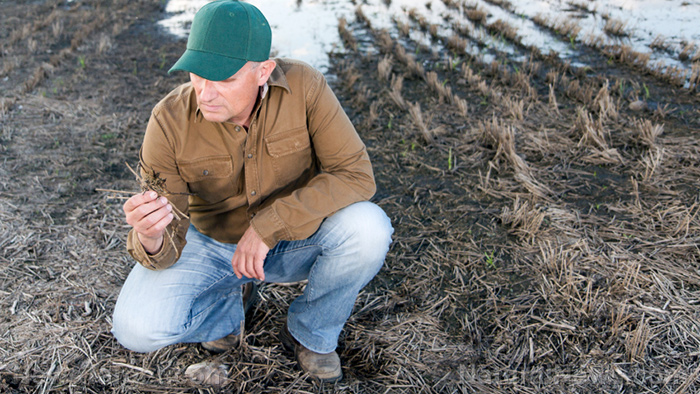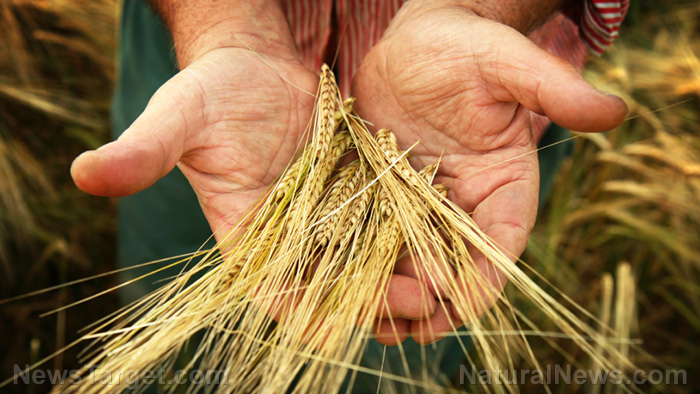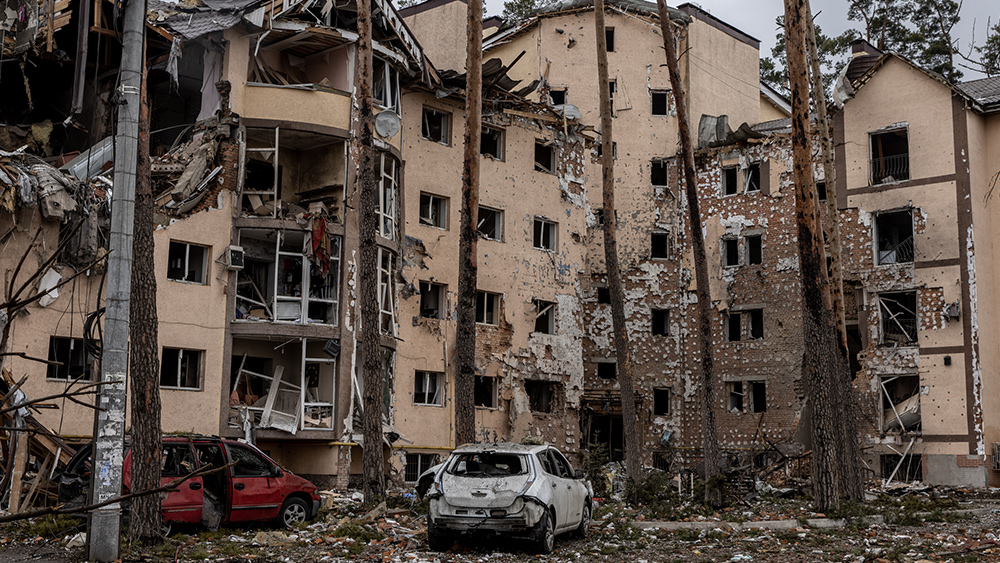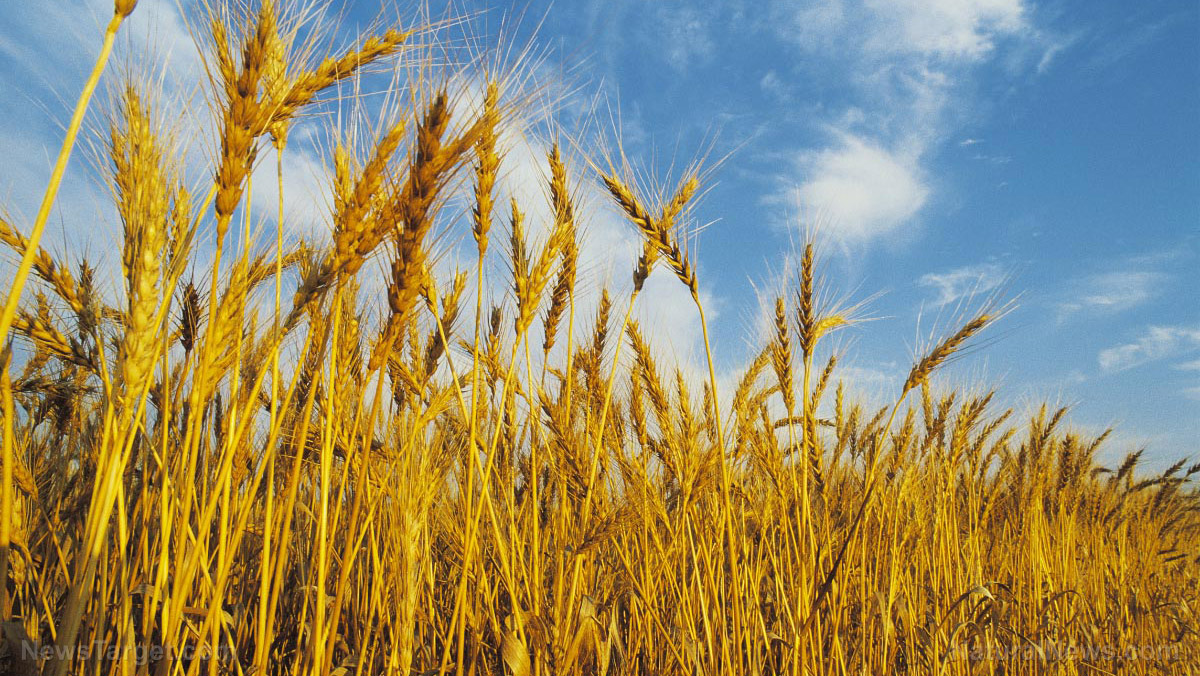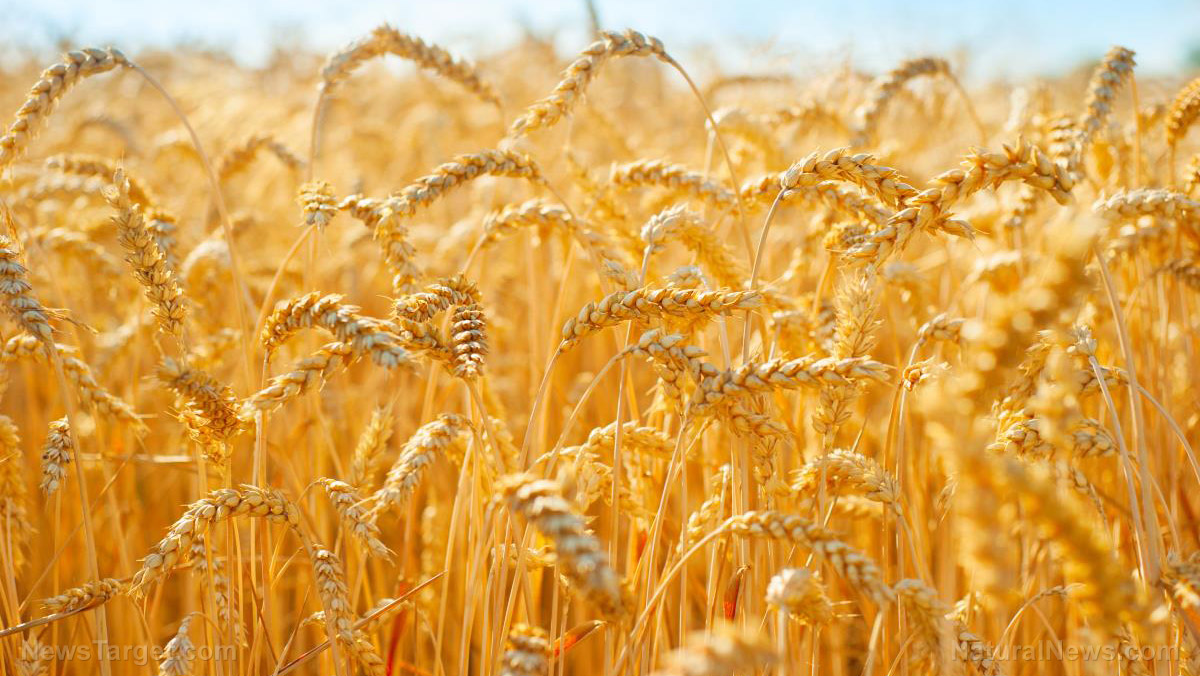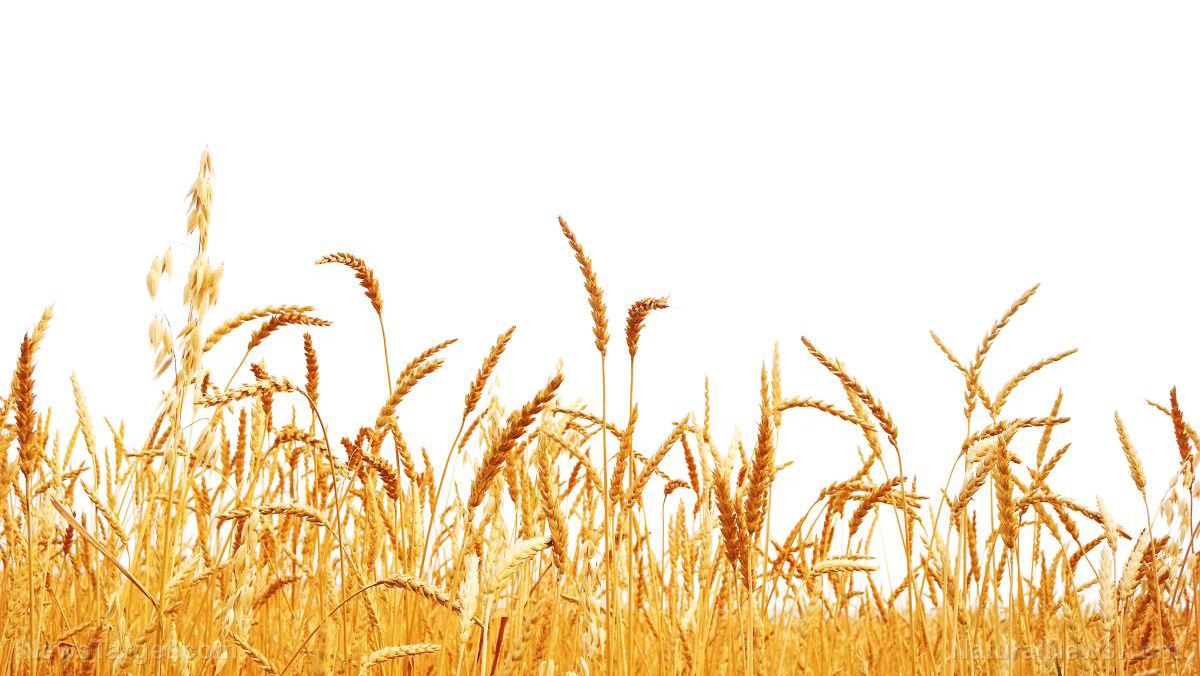Ukraine reports two-thirds decrease in grain exports while global wheat prices skyrocket
05/22/2022 / By Arsenio Toledo
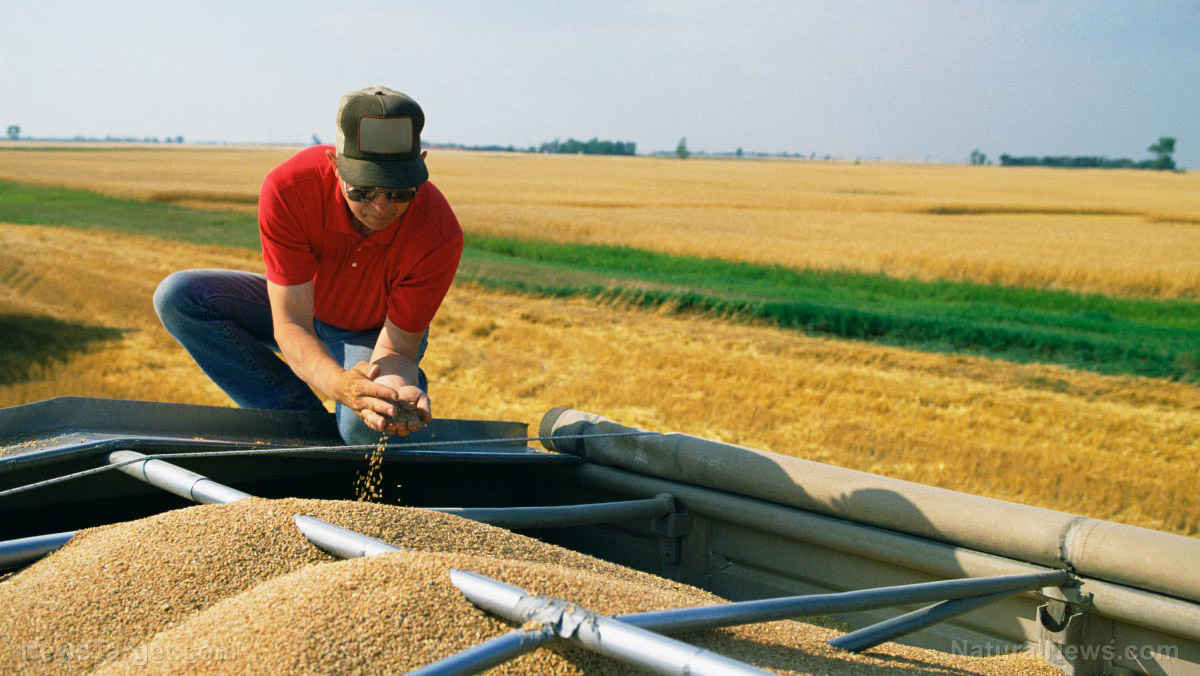
Ukraine recently reported an alarming decrease in grain exports, with the government in Kyiv laying the blame for the considerably smaller export total on problems caused by the Russian invasion.
Last year, Ukraine was the world’s seventh largest producer and fifth largest exporter of wheat, accounting for around 10 percent of global wheat exports. Ukraine was also the fourth-largest exporter of corn and the world’s top exporter of sunflower oil.
This month, the Ukrainian government noted that it has so far only exported around 708,000 tons of grain. For May 2021, the country exported around 1.98 million tons of grain. This represents a reduction of nearly two-thirds, as noted by the Ukrainian Agriculture Ministry in its latest report. (Related: Ukraine farmers unable to work on their fields due to war, increasing fears of global food shortages.)
Ministry data show that Ukraine was able to export up to 6.6 million tons of grain per month before the Russian invasion.
Global hunger to surge the longer the Ukrainian blockade continues
The Ukrainian Agriculture Ministry said the main reason the country’s agriculture exports are exceptionally low is because of logistical problems caused by the Russian invasion.
Since the beginning of the war, many of Ukraine’s wheat fields have remained untended, especially in the nutrient-rich soil of eastern and southern Ukraine where fighting is the heaviest. Russia has also blockaded Ukraine’s Black Sea ports, the main route usually used by the country’s grain bound for export, meaning that any wheat that does get harvested is unlikely to make it out of the country.
The United Nations’ (UN) current estimates suggest that about 20 million tons of harvested grain are stuck in Ukraine.
UN Secretary-General Antonio Guterres said in a recent address that he estimates “tens of millions” of people worldwide will “edge into food insecurity, followed by malnutrition, mass hunger and famine, in a crisis that could last for years.”
David Beasley, head of the UN’s World Food Program (WFP), warned that if the war and the port blockades continue, millions more people would be at risk of experiencing hunger and malnutrition, as many countries around the world rely on Ukrainian exports for food.
“Failure to open the ports in Ukraine will be a declaration of war on global food security,” wrote Beasley on his Twitter account. “It is absolutely essential that we allow these ports to open because this is not just about Ukraine; this is about the poorest of the poor around the world who are on the brink of starvation.”
The UN estimates that about 13.6 million children worldwide are already suffering from severe wasting, a form of malnutrition that weakens the immune system. The UN has linked the state of some of these children to the “catastrophic” rise in malnutrition caused by the war economic fallout of the war in Ukraine.
Some of the countries that heavily rely on Ukrainian agricultural goods include Egypt, the top importer of Ukrainian wheat, and Lebanon and Pakistan, which both get a majority of their wheat from Ukraine.
The WFP also heavily relies on Ukrainian wheat for humanitarian efforts, as about half of the agency’s wheat aid comes from the country.
Learn more about global food production and exports at WorldAgriculture.news.
Watch this clip about the West demanding Russia to increase food exports despite sanctions.
This video is from the High Hopes channel on Brighteon.com.
More related stories:
As “second phase” of war commences in Ukraine, one-third of its farmland expected to go unplanted.
Sources include:
WorldAgriculturalProduction.com
Submit a correction >>
Tagged Under:
agriculture, agriculture exports, collapse, crops, famine, food collapse, food exports, food scarcity, food supply, grain, harvest, hunger, Russia, Russia-Ukraine war, starvation, Ukraine, wheat
This article may contain statements that reflect the opinion of the author
RECENT NEWS & ARTICLES
WheatWar.com is a fact-based public education website published by WheatWar.com, LLC.
All content copyright © 2022 by WheatWar.com, LLC.
Contact Us with Tips or Corrections
All trademarks, registered trademarks and servicemarks mentioned on this site are the property of their respective owners.


